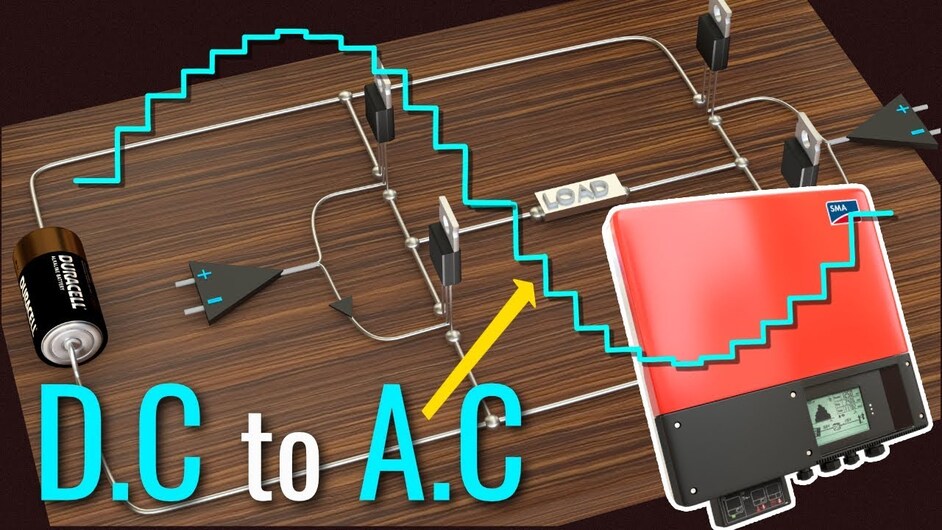Has anyone asked about running the forge on a generator?
I have a UPS for mine.
A UPS connected to a generator…why not. If it can handle the electricity.
I hope you don’t mean the forge in range of the said generator powering it.
Maker’s Fair people would know how to answer that, I guess it depends on your set up.
I would think that an inverter generator with enough wattage would be fine for the task.
Beyond required wattage, I’m wondering if the “quality” of the AC waveform is an issue running a Forge?
That’s why I mentioned the inverter generator…they are made for powering electronics because they have a ‘cleaner waveform’ as compared to normal generators, which are usually cheaper than the inverters for a given wattage. However, I’m no expert here…just speaking from personal experience.
It depends on the UPS, many of them don’t activate their power regulation / filtering if the incoming voltage source is in tolerance. As mentioned, an inverter generator is by far the superior solution, they generate a much cleaner AC output than a standard generation. They are quieter and use less fuel as well.
I will add, they are not cheap though.
researches
TY!
As long as the generator doesn’t interfere with the WiFi signal. I think my dryer is. That can always be fixed with distance.
To work on any mains voltage and meet world wide regulations the GF probably runs everything from a switch mode PSU with power correction. In that case it won’t care much about the mains waveform, frequency or voltage as long as they are within reasonable limits.
I think you’re basically correct.
Here’s a doc discussing inverter generators from the perspective of powering electronics.
Unlike conventional generators, which typically use a two-winding core that must turn at 3600 RPM to produce 120 V ac power at 60 Hz, inverter generators produce multiple-phase ac power at high frequencies, which is electronically “converted” to dc, then “inverted” back to rock-solid, low- distortion, 120 V, 60 Hz ac.
That’s what my question was geared towards…does the sine wave of the inverter matter? I know some electronic equipment will fry if a true sine wave inverter is not used.
We can’t recommend any products, but at a minimum, you’ll need a true sine wave output.
